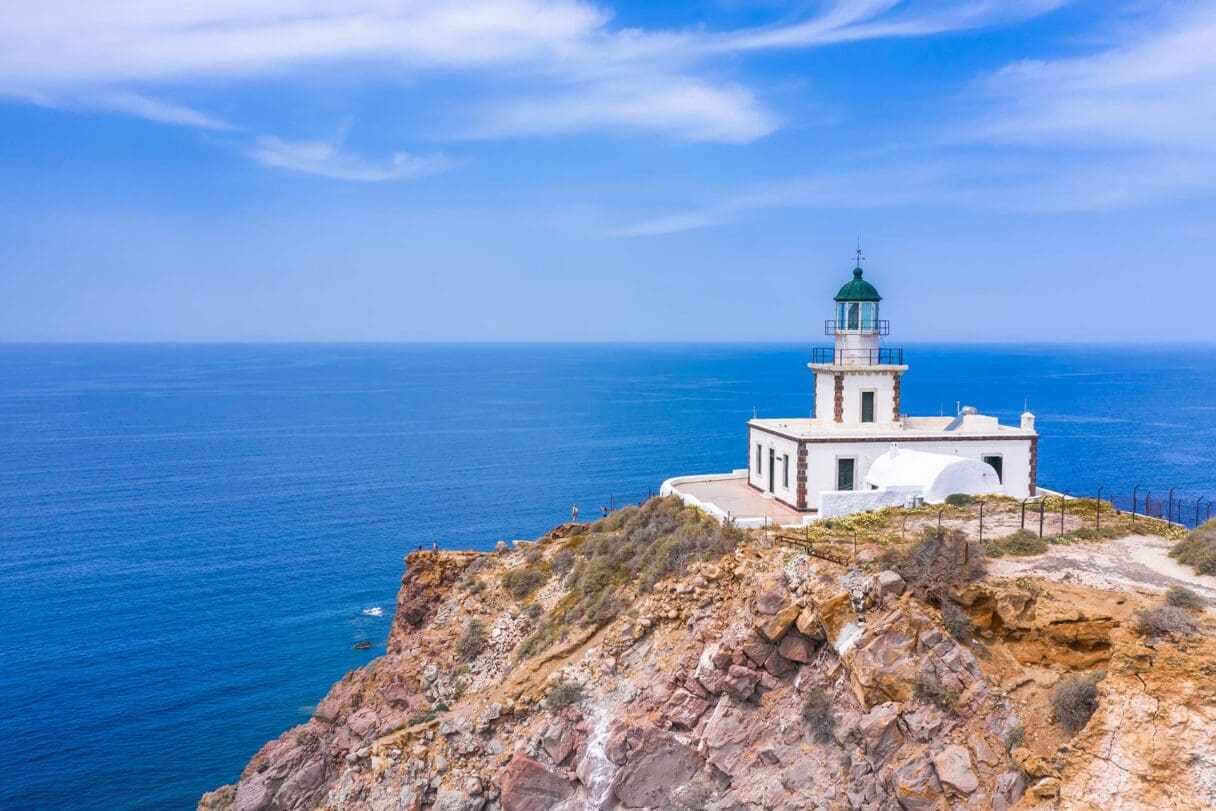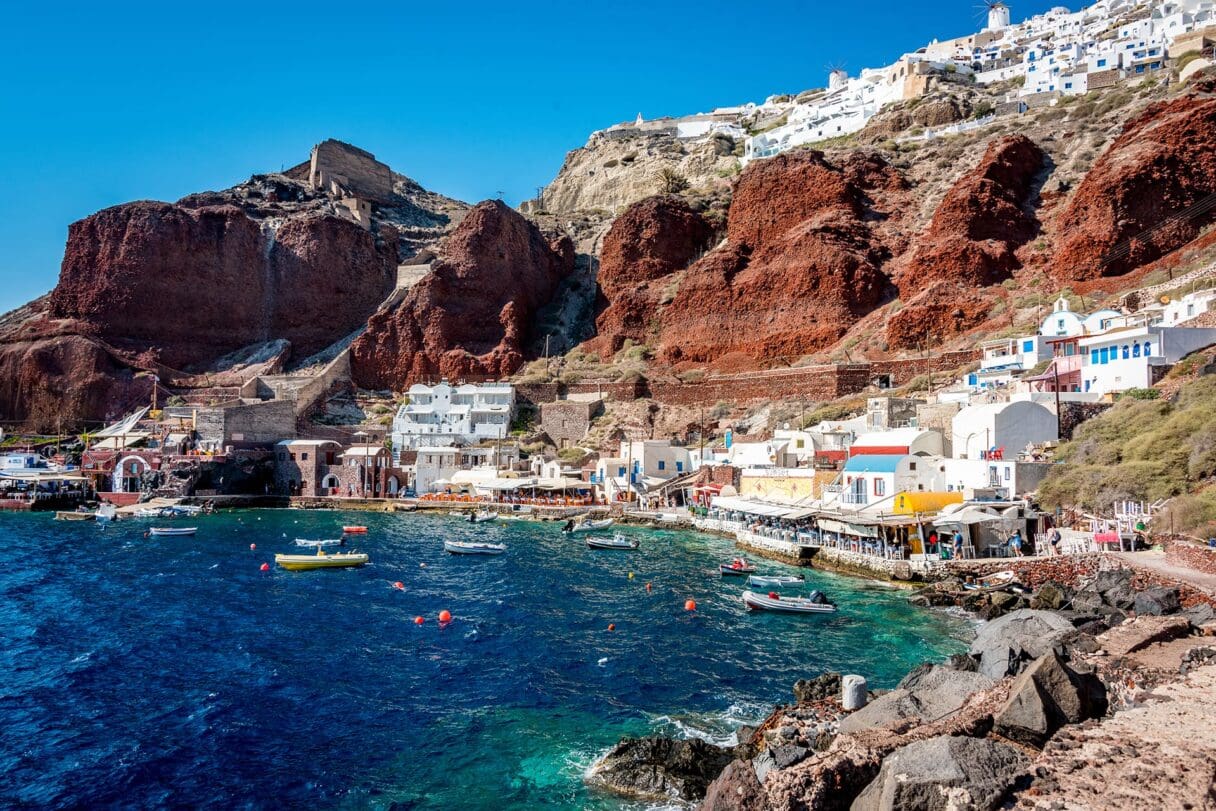
Can you plan a luxury holiday using AI?
ChatGPT, Booking.com and Tripadvisor all offer AI services promising to take the stress out of travel planning. But do they actually work, and does this mean the death of the travel agent as we know it?
The excitement of a holiday begins the moment you start brainstorming a destination. And, while some well-travelled jet setters are comfortable booking their trip independently, many turn to luxury travel agents to save time and stress and benefit from their insider knowledge. But now the status quo is under threat from AI travel planners, which claim to be able to offer detailed itineraries and hotel and airline recommendations for anywhere in the world at the click of a button.
Popular travel sites, including Booking.com and Tripadvisor, have launched AI trip planner functions to assist in the search and booking process, while AI chatbots and specialist services – such as ChatGPT, Layla and Maya – are increasingly being turned to for full itineraries in seconds. So, does AI spell the end of real-life travel agents?
Misty Belles, VP Global Public Relations at luxury travel agency Virtuoso, insists AI does not threaten experienced luxury travel agents because chatbots are “transactional”, and do not provide a full 360° travel experience.
“AI provides a starting point, but it completely lacks in emotional intelligence,” she explains. “Using AI to plan such trips is transactional. AI has no invested interest in the successful outcome of a trip. We don’t see it replacing the value of trusted relationships with human beings who can truly deliver bespoke, life-changing experiences.”

It’s easy to see Belles’ point so I put ChatGPT to the test, challenging it to plan a trip to the minutest detail as a travel agent would; from finding a destination to suit my interests, budget, and time, as well as accommodation suggestions, flight options and activities.
In my AI brief I requested a detailed trip for a couple in their 30s for one week, flying from select London airports, excluding Gatwick, in May/June, with access to beaches for some R&R, as well as historical, cultural and fitness activities, and delicious food. I stressed the need for a full itinerary complete with recommendations for where to stay, what to do, and where to eat.
ChatGPT initially recommended a vague, four-day trip to Palma, Mallorca, which excluded accommodation, flights, and any truly specific details. I tweaked the brief to include key phrases such as ‘luxury’ and ‘plan a trip’ – obvious pointers for a human travel planner – and it immediately yielded a drastically different result.
On its second attempt, ChatGPT suggested a week-long holiday to Santorini “for the ultimate luxury getaway combining relaxation, culture, adventure, and culinary delights.”
The chatbot suggested staying in Oia, and flying from one of several London airports, but accommodation recommendations, and flight times, which I requested in the brief, were absent. Initially, AI advised me to “consider booking a luxury cave hotel or a boutique villa with a private infinity pool overlooking the Aegean Sea,” but with some further probing the chatbot eventually recommended three hotels: Katikies Hotel, Canaves Oia Suites, and Grace Hotel, all accompanied by a brief description. However, prices and availability were not shared, as well as imagery and a link to book, which are crucial factors when planning any holiday.
After further prompts to provide ‘exact dates’ ChatGPT shared useful tips on finding the best time to travel, including avoiding the ‘shoulder season’, national holidays, and travelling on a weekday, before it suggested specific dates, airlines and airports. However, ChatGPT, as a large language model (which means it is trained on internet data archives to predict the most likely next word in a sequence, rather than being able to trawl the web live), finally admitted it did not have access to real-time flight schedules or pricing information. Undoubtedly a major flaw in AI travel planning.

On the other hand, I was impressed with the destination and itinerary suggestions, primarily because of the extra insights offered for each excursion, which helped me decide whether the activity matched my interests. ChatGPT, for example, suggested I “explore the ancient ruins of Akrotiri, a prehistoric Bronze Age settlement buried by volcanic ash, often referred to as the Minoan Pompeii,” though other suggestions still lacked precise detail such as “for dinner, head to a waterfront restaurant in Ammoudi Bay.” I tested ChatGPT’s creativity and ability to find hidden gems further, but disappointingly, the chatbot repeated previous recommendations.
I presumed a day trip to neighbouring islands would be present on the itinerary, and when it was not, I questioned whether a day trip to Milos was advisable. ChatGPT’s reply was succinct; it detailed five reasons to visit, from the “geological wonders” to the “culinary delights”, but caveated its response with a more human-sounding opinion I did not expect from a chatbot.
“It's important to consider the logistics of a day trip to Milos from Santorini, as it involves a ferry ride of approximately two to three hours each way, depending on the type of ferry and the schedule. This means you'll have limited time to explore Milos and may need to prioritise specific sights or activities based on your interests.”

ChatGPT’s itinerary also missed eateries, which I stressed in the original brief as I heavily research restaurants before any trip. I prompted ChatGPT for the top five restaurants, bars, brunch joints, beaches, and shopping spots in Santorini, and the information returned was hit and miss. While it recommended highly regarded restaurants, including La Maison Restaurant, Selene Restaurant, 1800-Floga, and Ambrosia Restaurant, it also suggested Nichteri, which has permanently closed.
This being among numerous inconsistencies thrown up during my AI travel planning experiment, I struggled to trust the suggestions offered and had to fact-check independently, which I have never had to do when using a travel agent. Belles says this is inevitable with automated responses, “There is a trust factor that can only come from genuine human connection, and that desire for trusted professional travel advice will only continue to grow as scepticism increases alongside machine learning.”
Also unlike a travel agent, the total cost of the holiday was not flagged by ChatGPT, but after some further questioning, and a rough estimate of £2,500 to £5,000, excluding expenses, was averaged by the AI tool. Although I did not stipulate a specific budget, I was surprised the total sum was this broad, especially as one of the first questions asked by travel agents is budget to help them narrow down options by price.
Belles also points out another key advantage to using an experienced travel agent: “It’s through our advisors’ global connections and years of cultivating industry relationships that Virtuoso advisors have access to special rates, offers and experiences not publicly available, which highlights a clear distinction in the level of consultation and care from a professional travel advisor relationship versus the service AI can provide. Travel advisors are trusted, knowledgeable sources, they know the answers to questions clients may not even think of.”
Ultimately, ChatGPT impressed with its speed, detailed descriptions, and opinions, which blurred the lines between automated responses and emotional intelligence. However, the inability to book trips directly through ChatGPT, and having to fact-check vague, inconsistent, and, sometimes incorrect, details felt counterproductive, therefore I question whether AI travel planners are time-saving or time-consuming. Moreover, the absence of real-time details and an inability to access up-to-date information, highlights some serious flaws in AI travel planning.
Personally, I would use AI to brainstorm destination and itinerary suggestions for future travels, but it will not be my sole travel planning source. Instead, I will rely on trusted human travel advisors for efficient, reliable, and successful holiday plans to meet my wanderlust needs.






